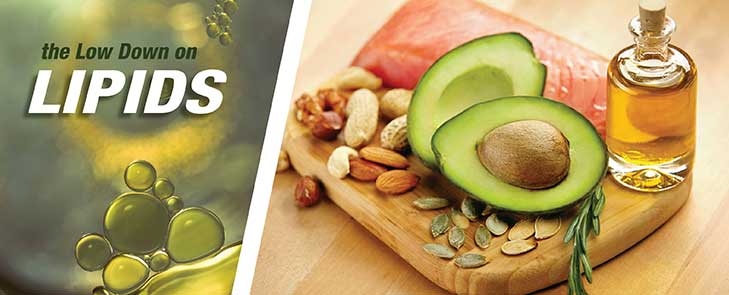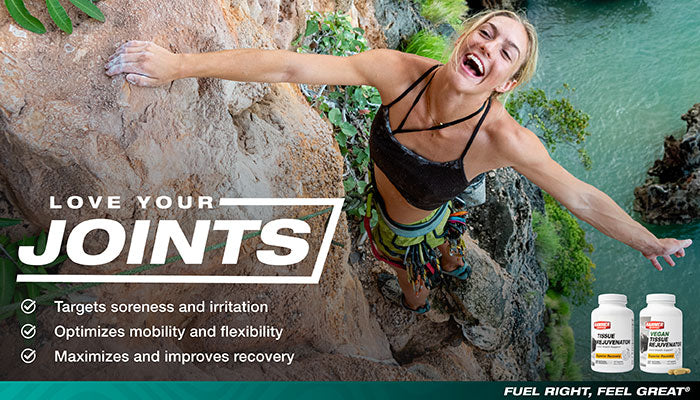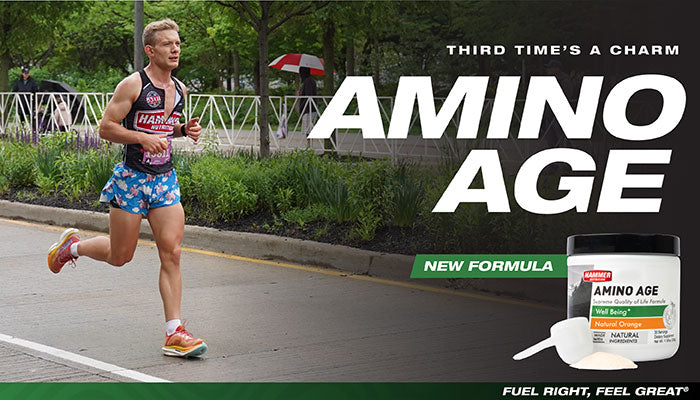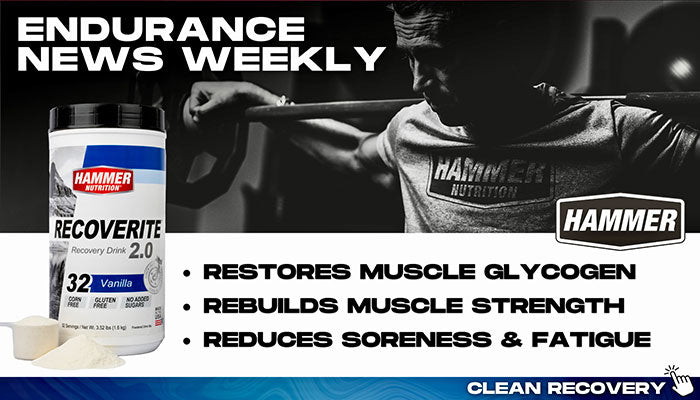Manifest a bias towards action.
BY DR. BAYNE FRENCH, MD DC
Introduction:
The more I learn and read, and with every passing clinical year of seeing thousands of patients, I realize how little I know. This is why I align less with the expert and more with the student. Experts pontificate on what they know and why you should know it. Savvy students may teach but are constantly questioning, observing and learning themselves.
Bernard Roth, Ph.D. (he lets me call him Bernie), is a Stanford professor and a mechanical engineer of some notoriety. He's had a long and decorated career at Stanford University, pioneering various geometric kinematics and basically kicking ass mechanically. I admire the man because he evolved his work to empower individuals so that if we choose to, we can be mindful and control our intentions to create habits that improve our lives. This is from his book The Achievement Habit, which I totally dig. Parallels will be made with his work, and your work, in reducing the risk of cardiovascular disease (CVD) and coming to understand lipids in a more meaningful way. All passages from his book will be italicized.
I am driven to learn more about health and wellness because I believe a better version of society, our country, and the world starts with the individual. The little guy. With wellness at its core. This introduction to authentic wellness will not come from above. It will come from you, your friend, coworker, spouse, or acquaintance. Or maybe from an article you’ve read that gets you thinking of a different way of looking at health. Once you understand that you choose what meaning and importance to place on something, you can also understand that it is you, not external circumstances, which determines the quality of your life.
This is why I relish the opportunity to sit with an individual, attempt to field their thoughtful questions and observe transformation take place. This is the bottom of the “V”. It may spread wider and wider as that individual shares their experience, as others witness their transformation. That is not hierarchical. Educate yourselves. Many times I’ve heard “it’s too complicated”. The problem with reasons is that they’re just excuses prettied up. Perceived obstacles are simply excuses; in almost every case, when you really dig down, it is you who are sabotaging yourself.
There are very many impediments to this utopian health delivery model. The regulations, mandates, and workload are so bad within medicine that it's laughable. And it gets worse every year. This morning on my day off, I spent 57 minutes on the phone with Premera Blue Cross Blue Shield trying to get a patient of mine a consultation with a sleep specialist. It’s the third long call I’ve made. He has Obesity and Hypertension, is fatigued and snores, and has long witnessed periods where he stops breathing at night. He has sleep apnea, probably severe. I've been trying to get him a sleep consult since January. It's now May. And I got nowhere. We have a broken, sick system on so many levels. So when your physician seems distracted, doesn't make terrific eye contact, or seems rushed, give him/her/they/them a damn break.
So why am I telling you all this? I spent 57 minutes of my life on the phone with bureaucratic pencil pushers…I've vented. And I want you all to not need any of this. To free yourselves from this sick, expensive, abysmal state of suffering called American Health Care. It is possible to minimize your need for medical services. To minimize your need for medication. To limit your interface with this sick industry. It will take some work, and it’s oh so worth it. The place to start is lowering your risk of CARDIOVASCULAR DISEASE (CVD). When you're low risk for this, you're also low risk for various metabolic maladies, including dozens of cancers.
Most of us will die of CVD. It can be a good death when quick and late in a full life. Or it can slowly drag us down like an anchor, starting at a much earlier age, which is more common. You cannot fully control which scenario will befall you, but you can dramatically reduce risk, which is the essence of preventative medicine really. Risk mitigation.
It’s very important to realize that CVD is a collection of metabolic problems that occur and compound over time. So is cancer. So is diabetes and most other NCDs (non-communicable diseases). However, an argument could be made that many infections opportunistically affect those with distorted immune function, another metabolic problem.
All these diseases have drivers. To identify and minimize the drivers is the focus of my professional life and the articles I write. Much of my approach is rooted in biochemical laws and anthropological biology. A sort of scientific vigilantism has developed. For some people, nothing can be considered valid without the imprimatur of science. My main concern is that when we insist on claims of scientific veracity, we downgrade or even rule out important sources of personal wisdom that exist independent of formal experimental verification. This "personal wisdom" develops from trying things over time and observing outcomes. This is the critical role of empiricism and is a big part of the work that I do.
Let’s talk some more about fat. Stop the eye-rolling! Yes, it’s true I’ve written about it before, but this article will include new concepts. Like our foray into the Essential Fats wilderness of the last articles, this one may also be frightening. We give meaning to everything. Once you understand that you choose what meaning and importance to place on something, you can also know that it is you, not external circumstances, who determines the quality of your life. So the meaning I want to be attached to this article is hope. Thank you, Bernie.
Lipid definition:
Lipids are a diverse group of organic molecules. All forms of fat (saturated, monounsaturated, polyunsaturated) are lipids. The delicious white stuff on a steak and the not so delicious stuff in our midsection are lipids. Triglycerides, more specifically. Cholesterol is a lipid. Technically, cholesterol is not a fat, and fats are not cholesterol. But they’re all lipids. For purposes of this article, I will be using “fats” and “lipids” interchangeably.
Abbreviations and Definitions:
- Tg – triglyceride.
- Chol – cholesterol.
- CVD - cardiovascular disease. A group of diseases like strokes and heart attacks.
- CAD - coronary artery disease (heart disease).
- LDL - low density lipoprotein. A particle that carries lipids around the body. Termed "bad chol”.
- LDL-P - the measured number of LDL particles.
- HDL - high-density lipoprotein, a particle of different properties. Termed "good chol”.
- Metabolism - is a diverse term that can be applied to the entire sum of ALL chemical reactions in the body. A narrower definition is the conversion of food energy into energy to run our bodies (catabolism); and the conversion of food into building blocks for other compounds like fats and proteins (anabolism).
What is cholesterol?
Chol is a specific lipid molecule made up of 27 carbons linked together. There are not different types…no “good” or “bad”. What you’ve been told and what I’ve been taught in medical school is a dramatic dumbing-down. Chol serves several vitally essential roles in the body.
Most of the 40 grams (almost half a cup) of cholesterol we possess in our bodies are within the membranes around each of our cells. About 1-2 grams of new cholesterol is needed each day. The majority (over 80%) of our cholesterol is made by our liver. The individual amounts of chol each of us produces are determined by our genetic code and numerous hormonal inputs. Our diets also contribute to cholesterol formation, but not in the way we've all been brow-beaten to think. Dietary cholesterol has very little contribution to our blood cholesterol because most dietary cholesterol is NOT ABSORBED from the intestine. To enter the bloodstream from the intestine (absorption), chol must be acted on enzymatically to "de-esterify" it, and there's a lot of competition for those enzymes that do this work. After decades of vehement desk pounding advising us to avoid egg yolks, our US Dietary Guidelines in 2015 quietly removed any limitation on dietary cholesterol. It states, “Cholesterol is not a nutrient of concern for overconsumption.” Canadian dietary guidelines did so years earlier. Just eat eggs from free-roaming, omnivoric chickens!
It’s important to realize that chol does not float around in our bloodstream. It, like triglyceride, is contained within “lipoproteins” (also referred to as PARTICLES) which are made by the intestine and the liver. Think of them like boats, the blood as the river, the lipids/fats as payload, or the number of passengers.











9 comments
This was a fantastic and informative article! One that I’ve been looking for. I have always had high HDL and low LDL – since my early 20s. In my early 30s, I argued with a doctor (who, honestly, did not appear to be the picture of health) about taking statins. I refused and he essentially said, “It’s your funeral”. Now, 20 or so years later, I still have that bizarre ratio. I am a vegetarian and am very careful with what I eat – low carb, low sugar, etc… – but I recently had a similar conversation with my doctor about the levels. I’m active, not overweight and have great blood pressure. I just checked my most recent bloodwork. My tg/HDL ratio is 0.75. That seems good, right?
I have had doctors, in the past, say that some patients would pay to have my numbers but I’m always on edge when I see a new doctor. (Military family so we relocate ALOT.) Now I can talk about my numbers from a different angle. Much appreciated!!
Thank you for doing these articles this year. This article and the ones on a ketogenic diet are such a breath of fresh air compared to most articles on dietary fat and cholesterol. I have been sharing them with my nutritional therapy practitioner class. As some one who promotes a high fat and lower carb diet with my clients, cholesterol is always one of their main concerns. This article will be a great tool to share with them.
This is so very informative and what I like most about Hammer. Research and education is optimal to achieving a healthy life style then discipline and endurance is the action behind the motivation. Appreciate all the insight in this article.
Again Dr. French, you continue to inform, enlighten and hopefully motivate the masses to individually think and take responsibility for themselves, their bodies, and their overall well being. The less “DEPENDENT” one is with the medical profession, the better off.
Brilliant… thank you .. I am going to share with my doc! He may not agree, but it may get him thinking differently down the road.